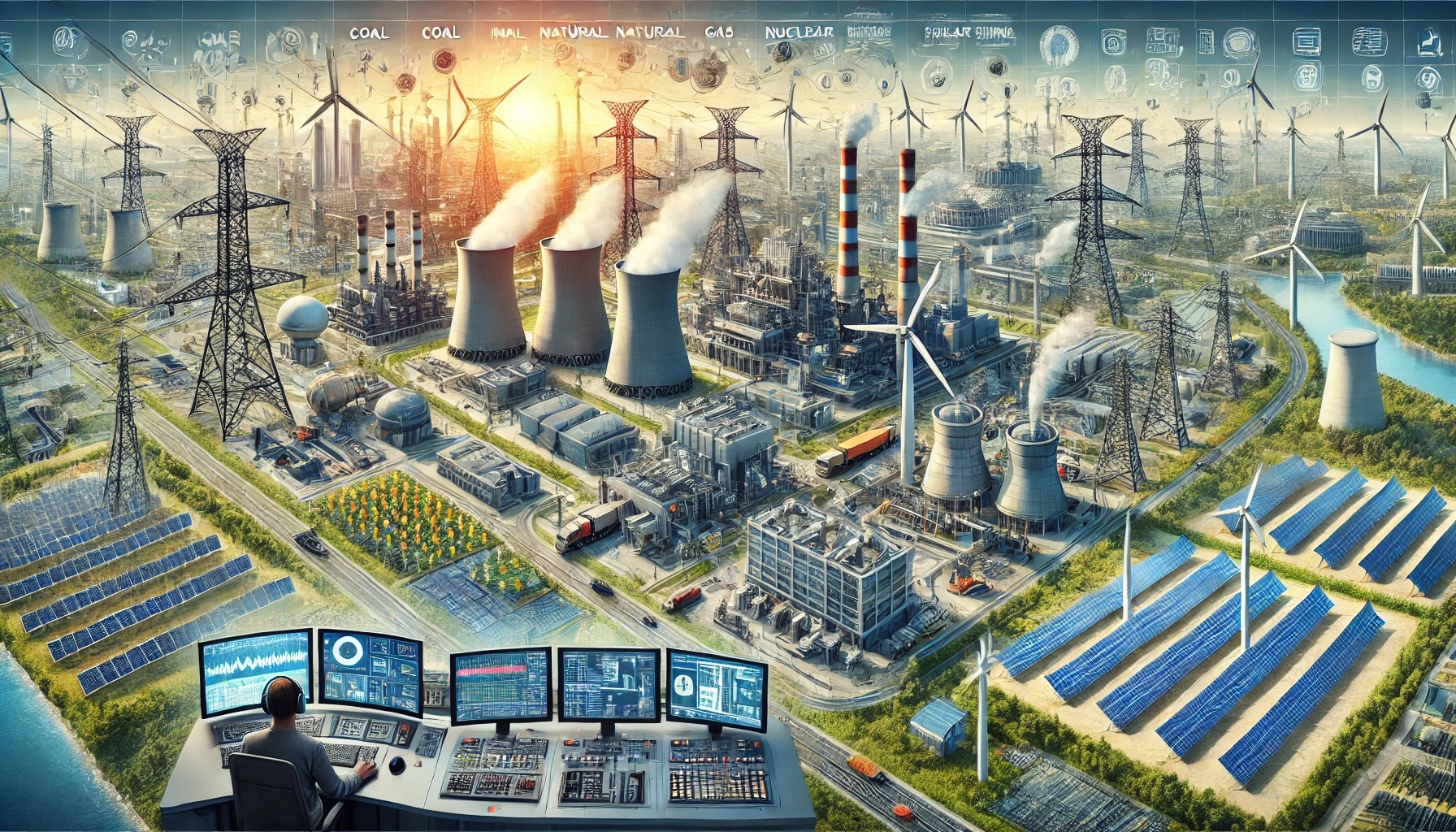
Electric Grid Faces Growing Pressure Amid Record-Breaking Heatwave
A scorching heatwave is pushing the U.S. electric grid to its limits, with surging electricity demand for air conditioning straining power plants and transmission lines. Grid operators are issuing calls for energy conservation, warning of potential blackouts if demand outstrips supply. The heatwave has also exposed vulnerabilities in the grid's infrastructure, with some equipment failures reported due to the extreme temperatures. This situation underscores the urgent need for grid modernization and resilience investment to cope with the increasing frequency and intensity of extreme weather events. [Source: Reuters]
Biden Administration Unveils Ambitious Plan to Boost Offshore Wind Energy
The Biden administration has announced a major initiative to accelerate offshore wind energy development in the United States. The plan aims to deploy 30 gigawatts of offshore wind capacity by 2030, enough to power 10 million homes. The administration will streamline the permitting process, invest in port infrastructure, and provide financial incentives to developers. This move is a significant step towards the Biden administration's goal of achieving a carbon-free electricity sector by 2035, and it is expected to create thousands of jobs and boost the economy. [Source: The New York Times]
Nuclear Power Expansion Sparks Debate Over Costs, Safety, and Waste Disposal
As the U.S. seeks to decarbonize its electricity sector, nuclear power is gaining renewed attention as a potential source of reliable, carbon-free energy. However, the expansion of nuclear power faces significant challenges, including high construction costs, safety concerns, and the unresolved issue of nuclear waste disposal. Proponents of nuclear energy argue that it is a crucial tool to address climate change, while opponents raise concerns about its risks and long-term impacts. The debate over nuclear power's role in the U.S. energy mix intensifies as the nation grapples with the urgent need to transition to cleaner energy sources. [Source: The Washington Post]
Major Utilities Invest in Battery Storage to Enhance Grid Reliability
Major utilities are investing heavily in battery storage technology in response to the growing demand for reliable and resilient electricity. Batteries can store excess electricity generated from renewable sources like solar and wind and then discharge it during periods of high demand or when renewable generation is low. This helps to smooth out fluctuations in the grid, enhance reliability, and reduce reliance on fossil fuels. The deployment of battery storage is becoming increasingly important as the U.S. transitions to a cleaner energy future. [Source: Utility Dive]
FERC Approves New Rules to Facilitate the Participation of Energy Storage in Wholesale Electricity Markets
The Federal Energy Regulatory Commission (FERC) has approved new rules to facilitate energy storage resource participation in wholesale electricity markets. The rules will create a level playing field for energy storage, allowing it to compete with traditional power plants on a fair basis. This is expected to encourage more energy storage investment, further enhancing grid reliability and resilience. The FERC's decision is a significant step forward in integrating energy storage into the U.S. power system. [Source: S&P Global Market Intelligence]